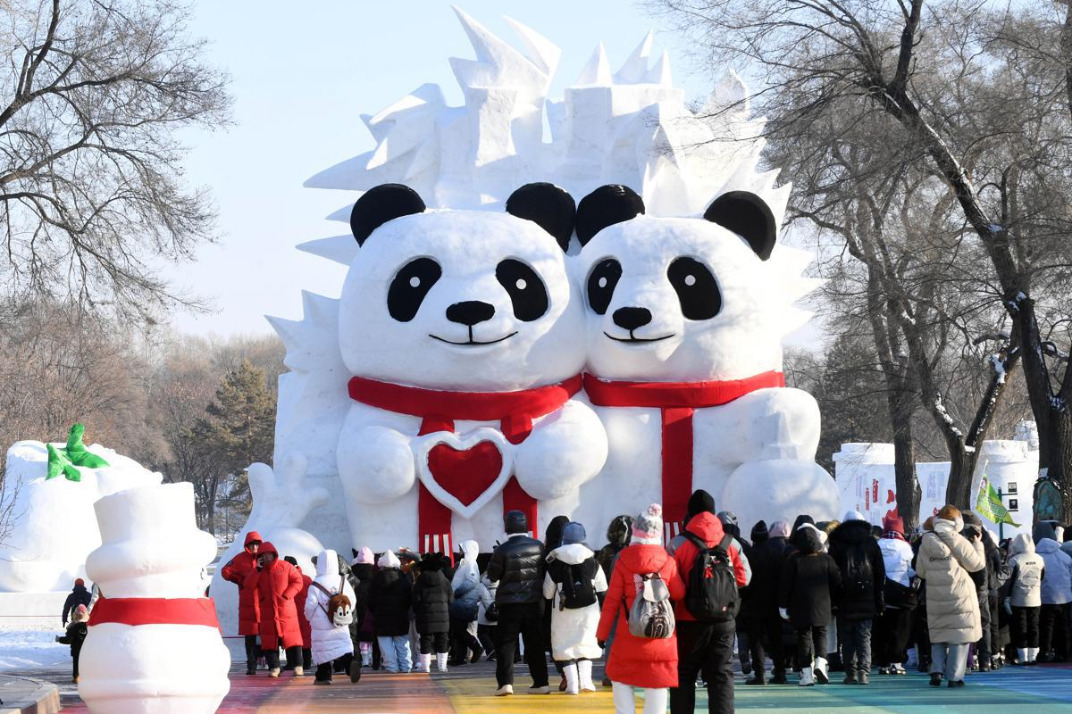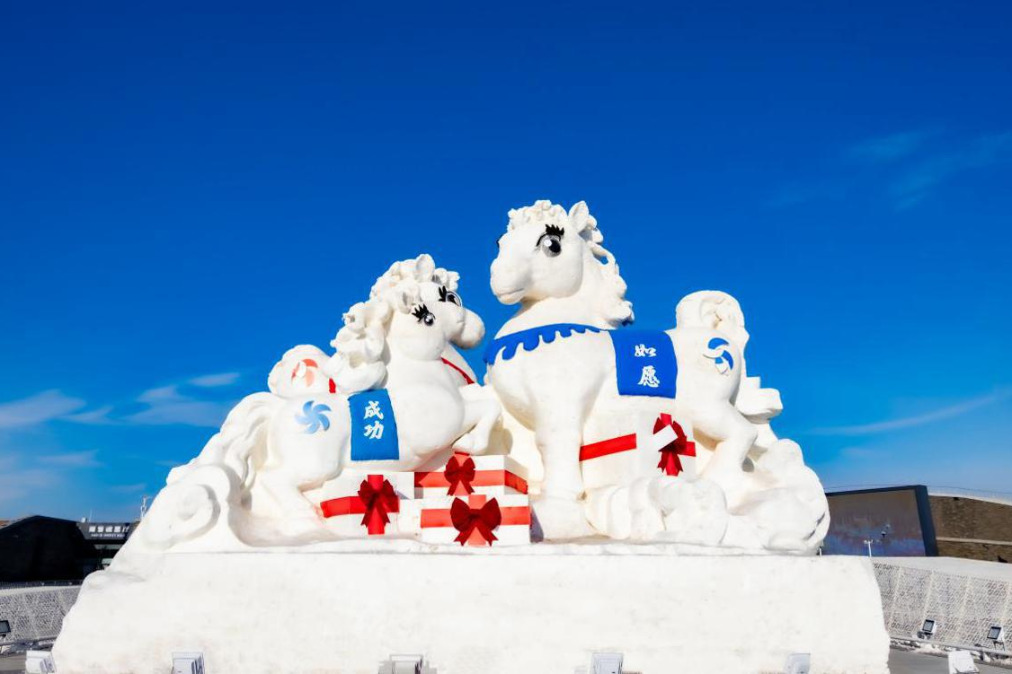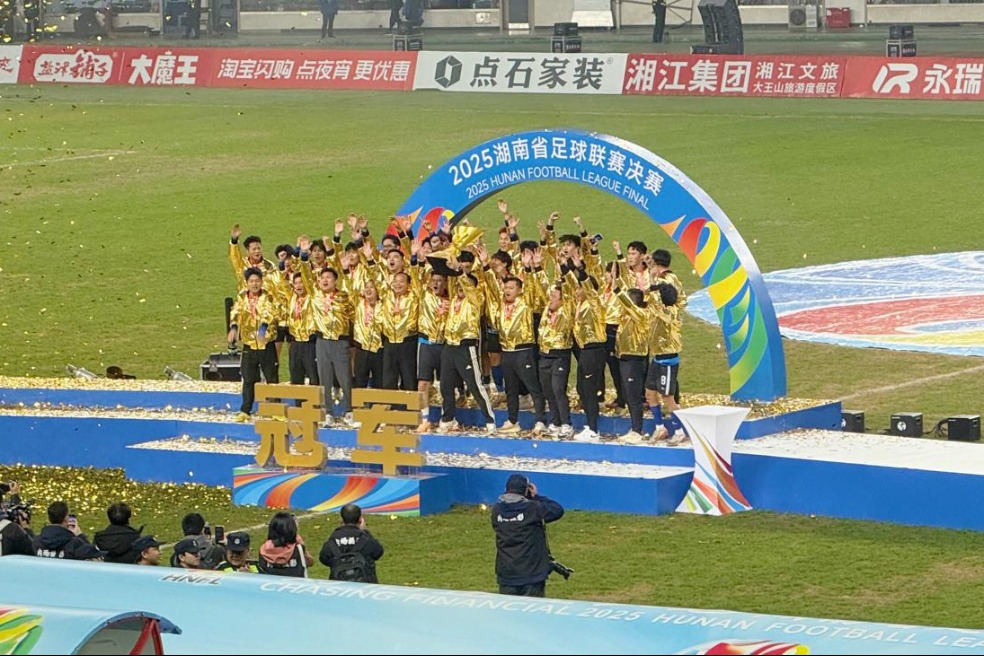Countries are urged to act cautiously on Dalai Lama

Senior official says religious freedom for all ethnic groups is protected
Fewer officials from governments or organizations in foreign countries have met with the 14th Dalai Lama in recent years, and organizing such meetings deviates under all circumstances from commitment to the Chinese government being the sole legitimate government of China, a senior official said on Saturday.
The 14th Dalai Lama is not only a religious figure, but also a political figure. After fleeing China in 1959, he established a so-called government-in-exile, whose goal and core agenda is the independence of Tibet and to separate China, said Zhang Yijiong, executive deputy head of the United Front Work Department of the CPC Central Committee.
For decades, the group headed by the 14th Dalai Lama has not stopped such attempts, he said.
"The fact is there is not a single legitimate government in the world that recognizes the so-called Tibet government-in-exile. Although the Dalai Lama has been received by certain officials, the governments that those officials work for actually don't recognize his group," Zhang added.
He made the remarks at a news conference in Beijing at the 19th National Congress of the Communist Party of China.
Zhang said China is strongly opposed to any foreign government or organization receiving the Dalai Lama under any circumstances. Such behavior strongly hurts the feelings of the Chinese people and shows disrespect for China's sovereignty, he said.
"I hope the governments of foreign countries can speak and act cautiously (on this matter). They need to take the friendship with China and the respect for China's sovereignty into consideration," he said.
Zhang said there is not a country that would not protest about a foreign government receiving an individual who goes around the world with the intention of separating their home country. "So it is inevitable for China to state strong opposition when the 14th Dalai Lama visits foreign countries and is even received by some senior officials," Zhang said.
Noting that fewer government officials have met with the Dalai Lama in recent years, he added, "Now he often can only make speeches at universities or conduct some religious activities."
Dalai Lama and Panchen Lama are the titles of top religious leaders in Tibetan Buddhism, which was born on the Qinghai-Tibet Plateau in ancient China.
Under the influence of Buddhism from neighboring countries, its unique doctrines were formed locally. Tibetan Buddhism has been a religion with Chinese characters from the beginning, Zhang said.
He said it is the responsibility of the government, religious organizations and religious leaders to ensure that religions in China fit with the current society and adapt to the country's social development.
"We hope Tibetan Buddhism can further absorb the nutrition from Chinese culture, which will contribute to the religion's own healthy development," Zhang said.
Zhang said China protects the religious freedoms of all 56 ethnic groups and respects their different customs.
The government encourages people from different ethnic groups to respect and understand each other, he added.
- PLA's drills around Taiwan a 'stern warning' to 'Taiwan independence' separatist forces, external interference: defense spokesman
- Chinese fantasy animation hits Vietnamese theaters amid holiday surge
- BBC documentary reveals Guangdong's wild side
- Hangzhou 'Bunny Officer' goes viral for gentle traffic management
- From lab to life: humanoid robots' 'coming-of-age' year
- Video of PLA's drills around Taiwan Island released





































